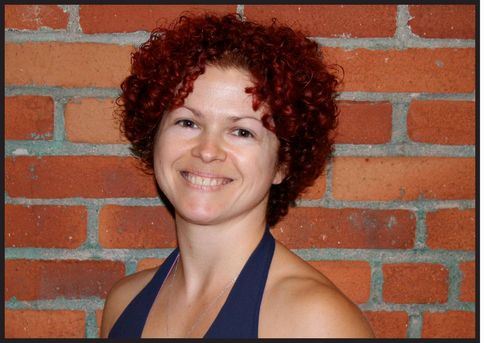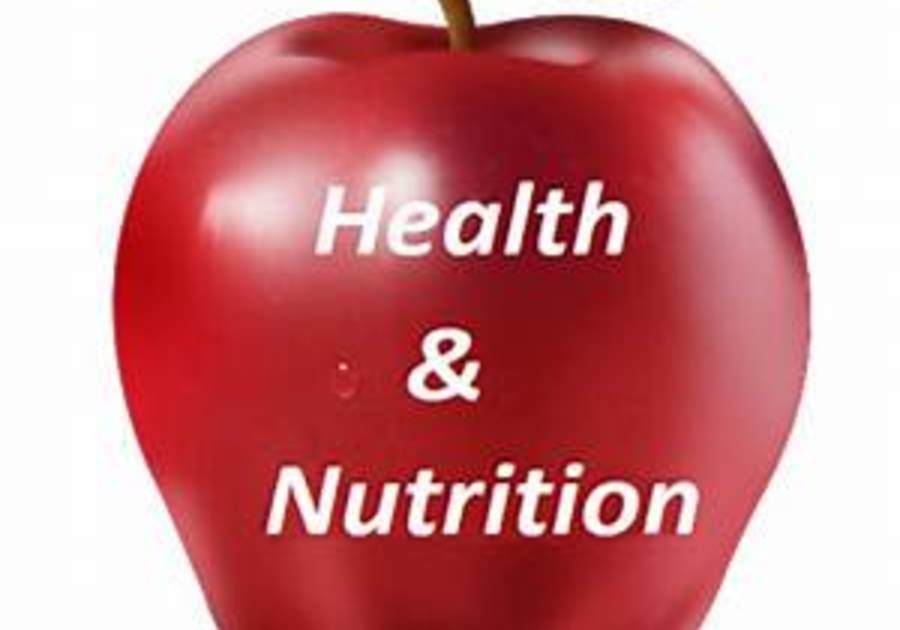So, you want to have a healthy diet, and perhaps, lose weight? First off, let’s make sure we’re on the same page! What is a healthy diet? With all the diet fads and food companies targeting consumers with products that make lots of promises, it can be confusing to figure out, and I often have clients tell me, “I just want to know what to eat, and what not to eat!” I used to reply, “Just eat real, whole, nutritious food, and stay away from processed foods!” But I realize that sounds a lot simpler than it is. So, I’ve created a series of readings for you in order to help you to take a step back from all the fitness magazines, food commercials, and friends’ advice (they mean well, I know), and to get back to basics.
First, the big picture. We eat food to get nutrients, and sometimes I think we lose site of that when we’re worried about diet. I want to help you understand nutrients, why you need them, and how much of your diet you should be getting from certain nutrients. Secondly, if you’re trying to make changes to your diet, I think it’s very helpful to make a food journal. This allows you to take a look at what you’re eating in more detail and see where your numbers are coming out in terms of nutrients and calories. There are lots of great nutrition tracking applications you can use to help you track your diet, and one example I like to use with my clients is My Fitness Pal. However, you can explore what’s offered and choose any app that has the features you’re looking for. Then, you can set some goals for improving your diet, and implement changes step-by-step.
Throughout this series of readings, I will delve deeper into essential nutrients as well as ergogenic aids, and talk about myths versus facts. I will list some nutrient-dense foods and give you information to help you read nutrition labels so you know what to look for at the supermarket. Lastly, I will give you tips on cleaning up your diet, making healthy eating easier, and eating to make the most of your strength training program. First, let’s start with the basics of nutrients:
What do nutrients do?
- They give you energy
- They help build muscles, bones, and organs
- They help you stay healthy, and to heal after injuries
The 3 main nutrients that provide energy:
- Carbohydrates
- Proteins
- Fats
Nutritional Guidelines: (recommended by the USDA and also by the American College of Sports Medicine)
- Carbohydrates: 50-60% of the diet
- Proteins: 15-20% of the diet
- Fats: no more than 30% of the diet
The most essential nutrient: WATER!
Other Resources for Nutrition Information:
- Your primary care physician
- See a nutritionist
- Take a nutrition course at one of our area colleges
- www.choosemyplate.gov - this is the USDA website and is loaded with information and tips, as well as a program for tracking your diet
In the next article, we will look at reading and understanding nutrition labels so that you know what to look for when shopping at the grocery store.

Johnna Paulsen has a BA in Dance from Smith College, and is Certified in Personal Training (ACSM), Senior Strength Conditioning, and Corrective Exercise. She is also a licensed Zumba Gold instructor.
Phone: 413-563-7796, email: johnnadancer@gmail.com, Facebook: @johnnapaulsenpersonaltrainer



